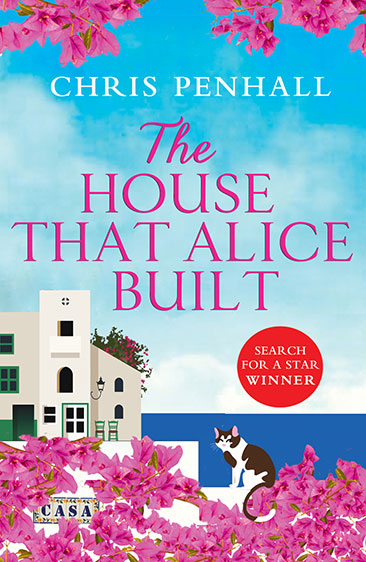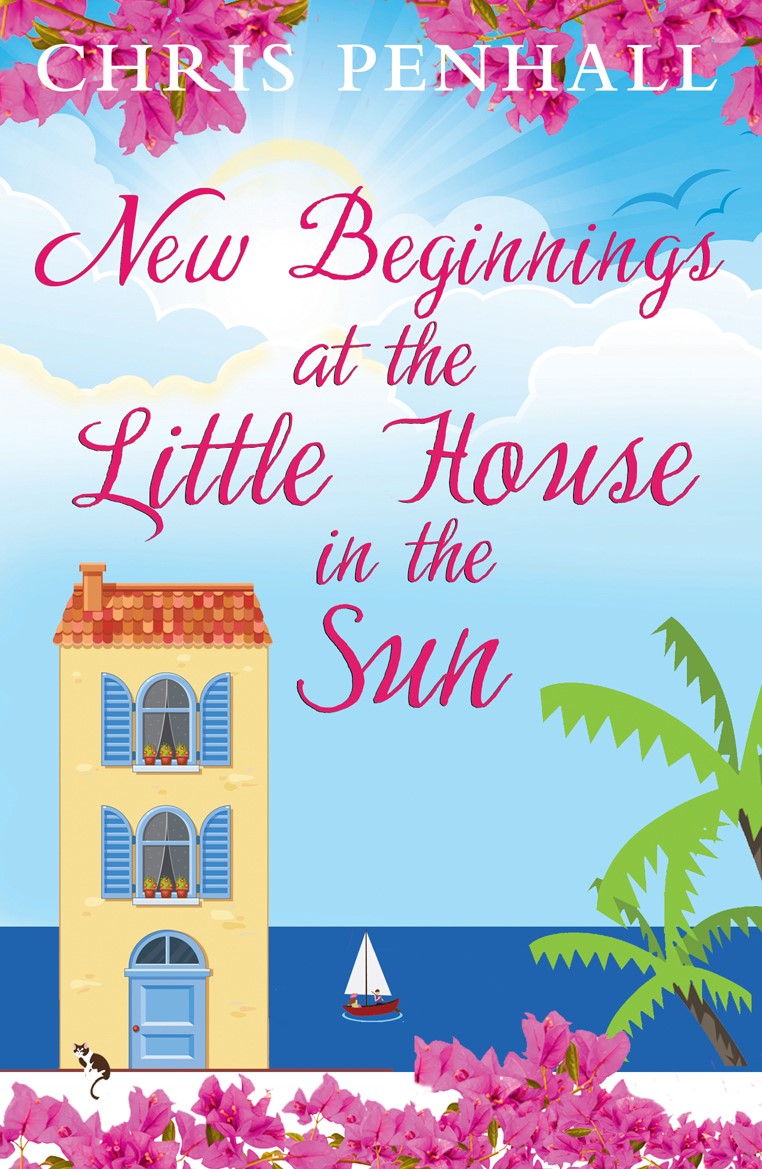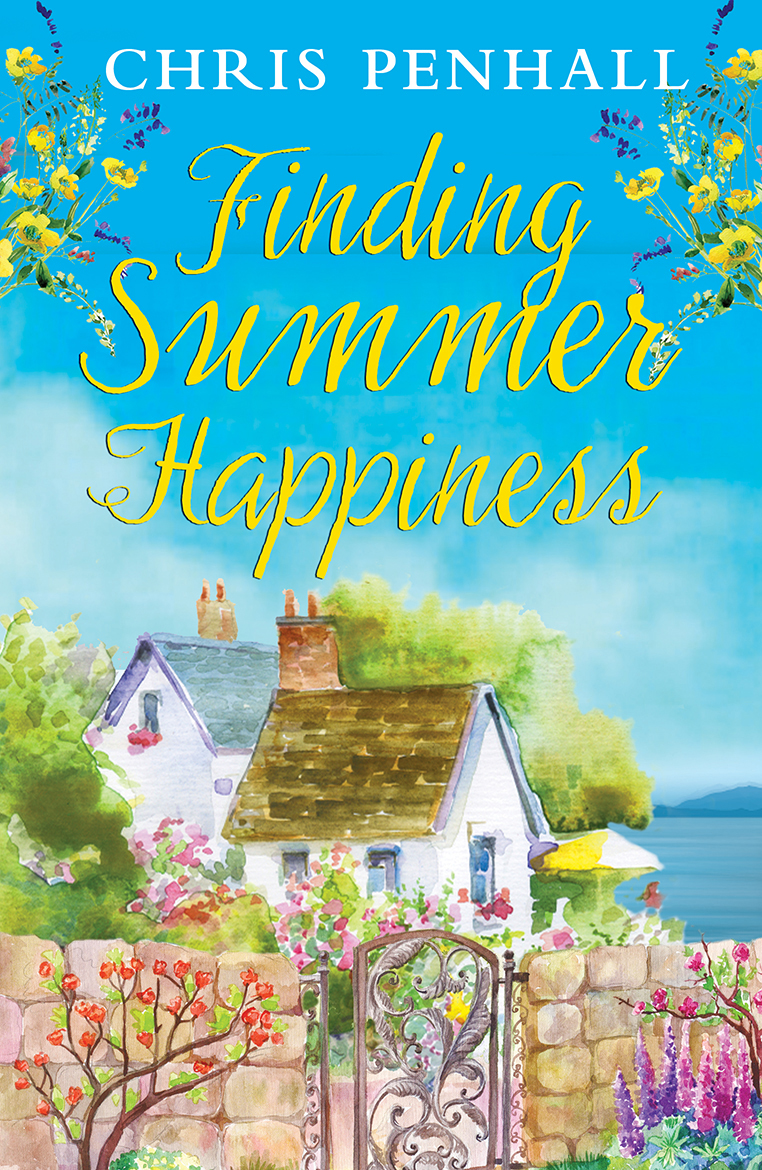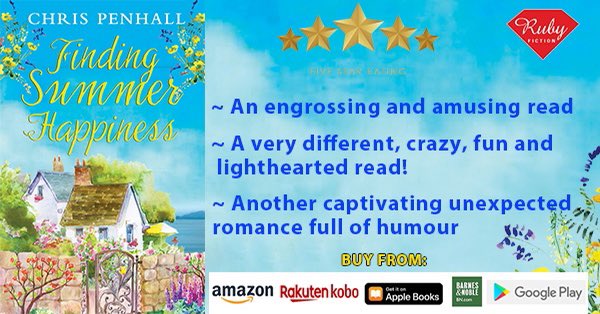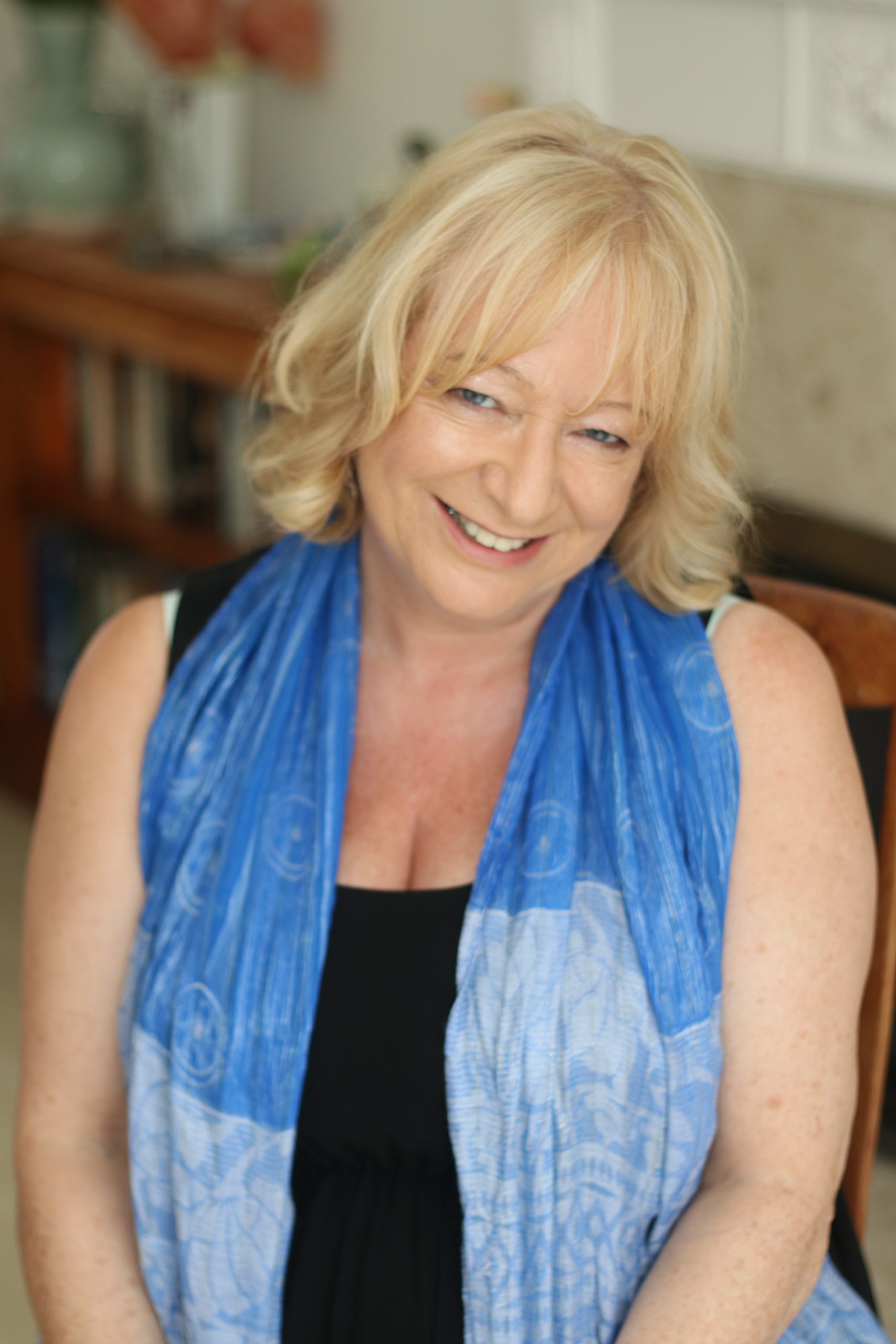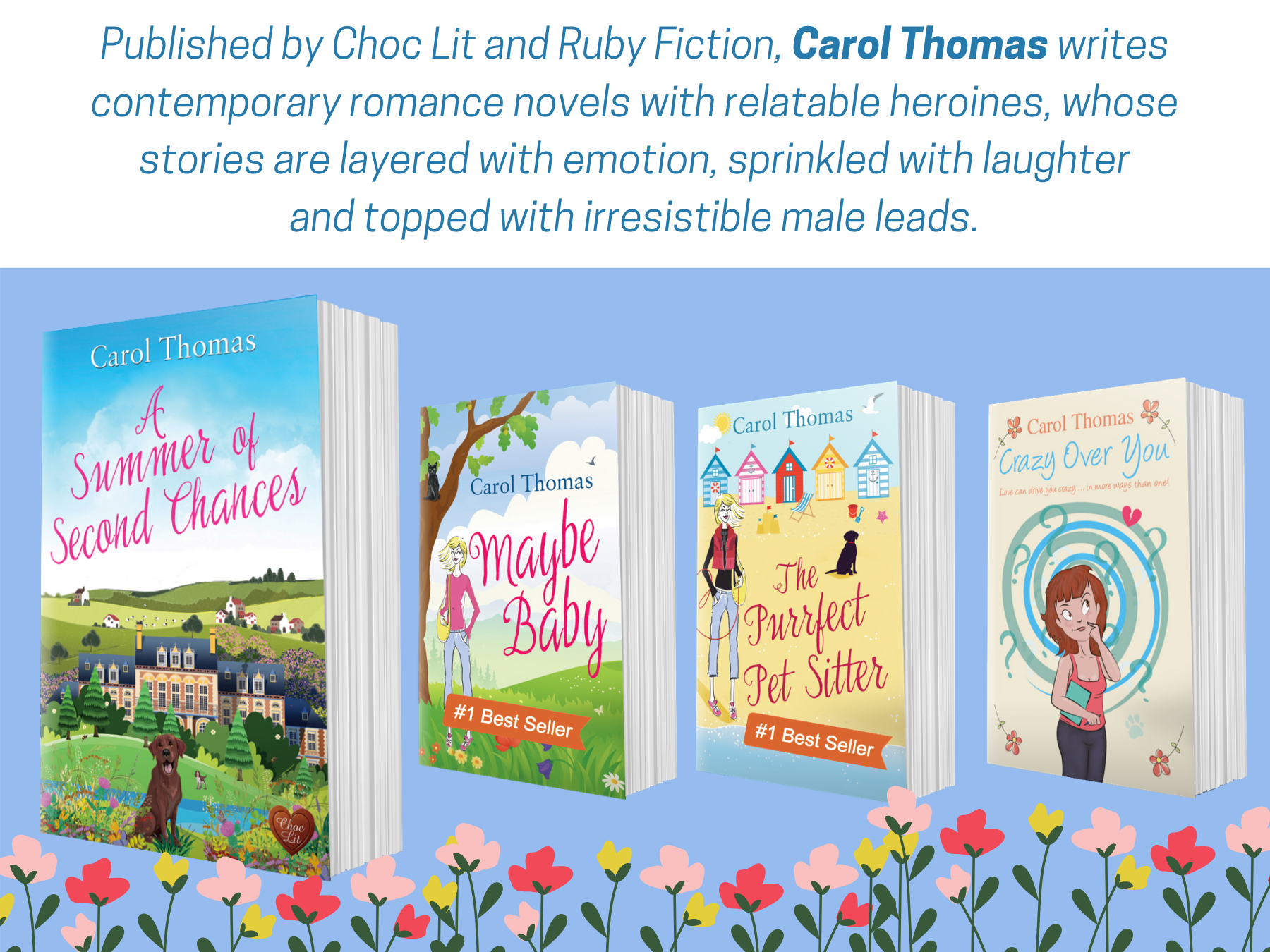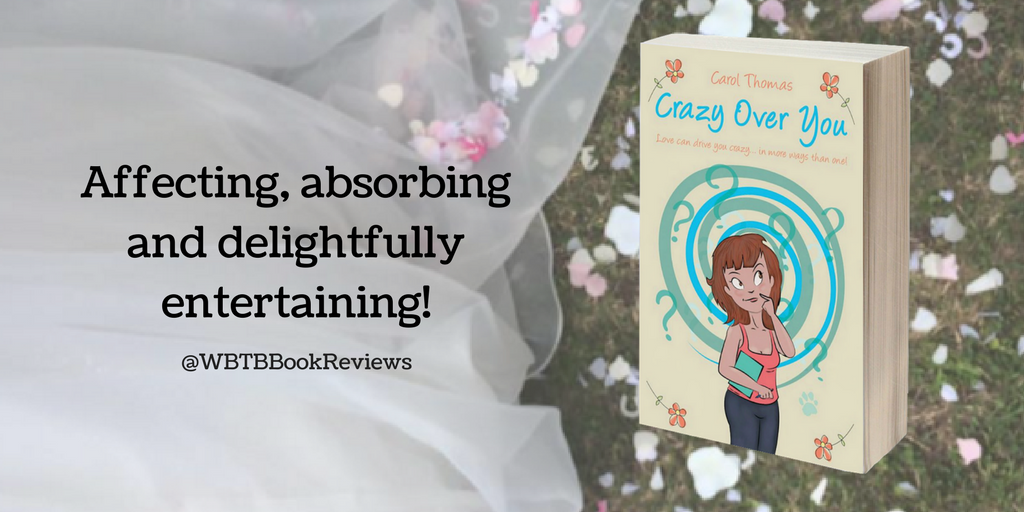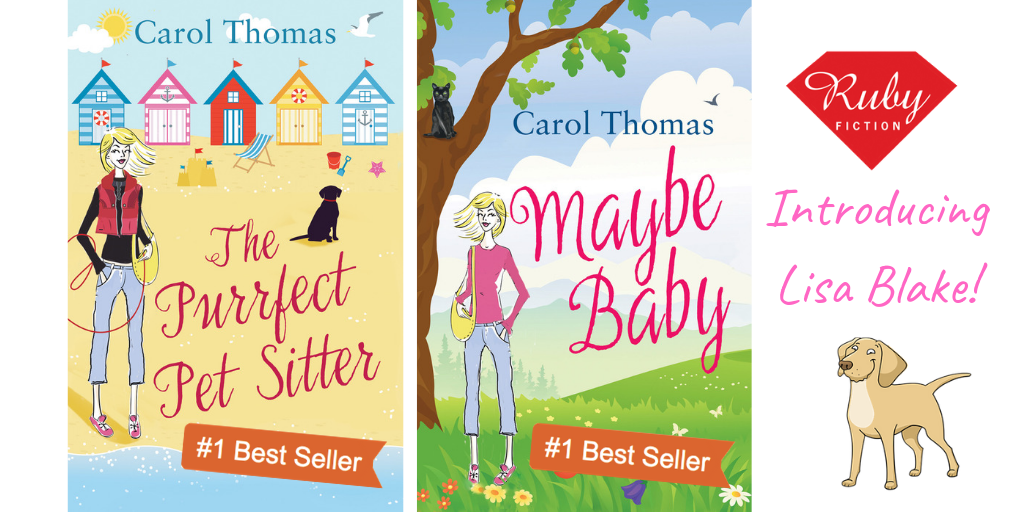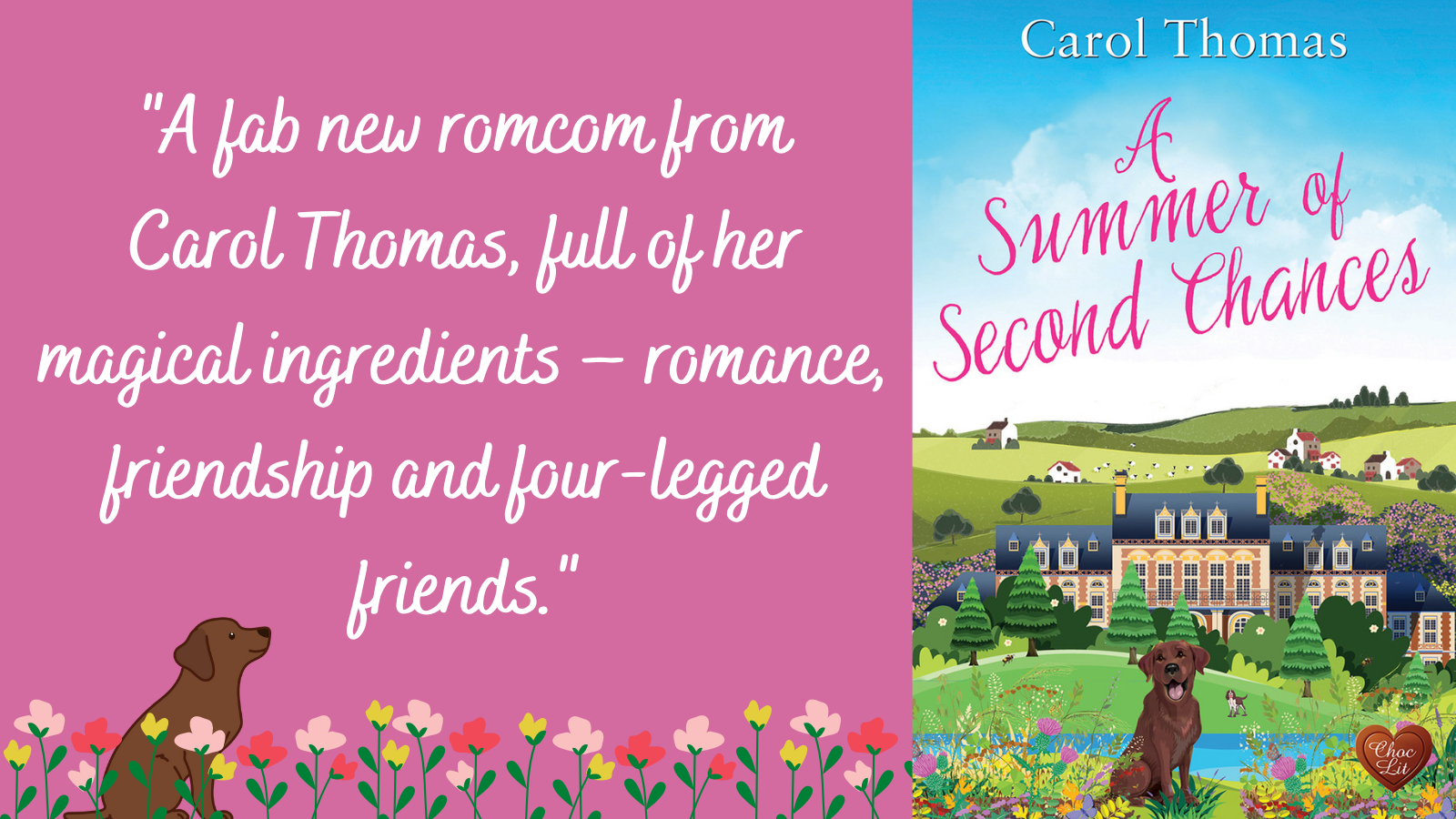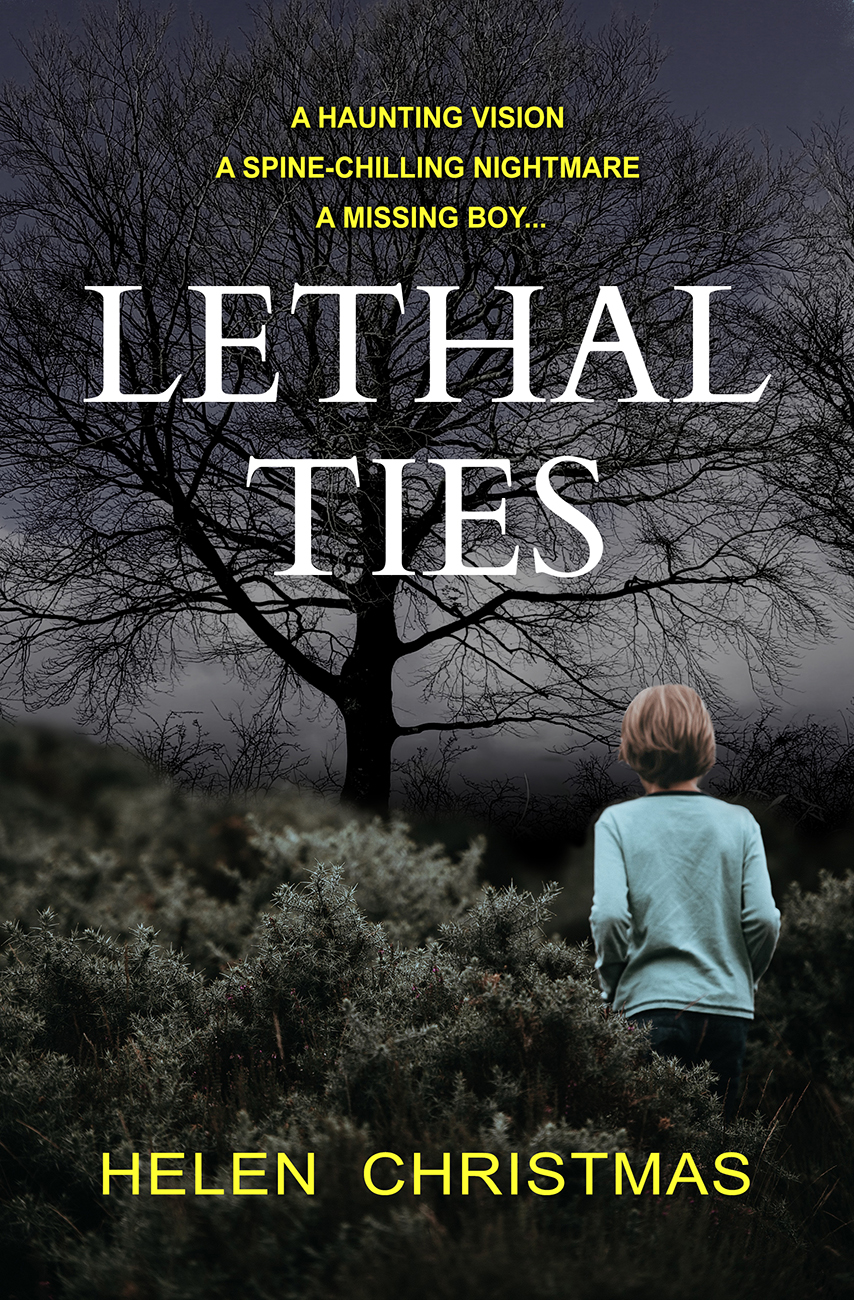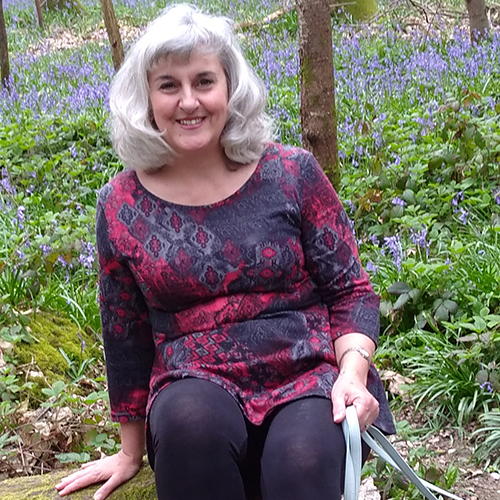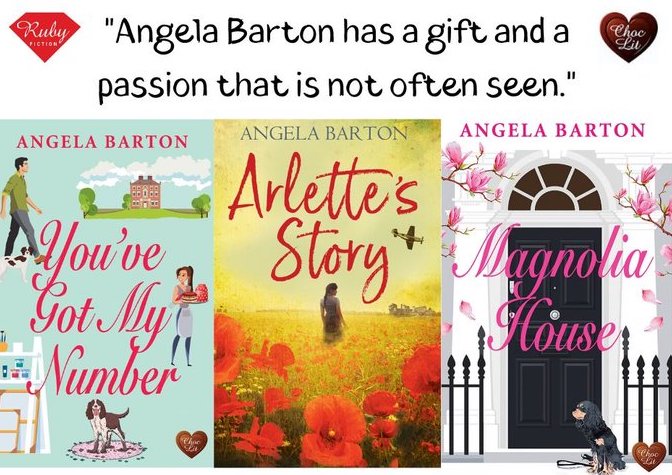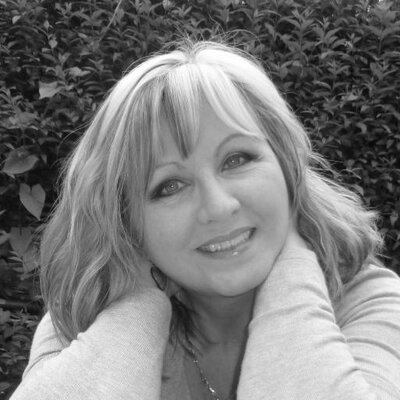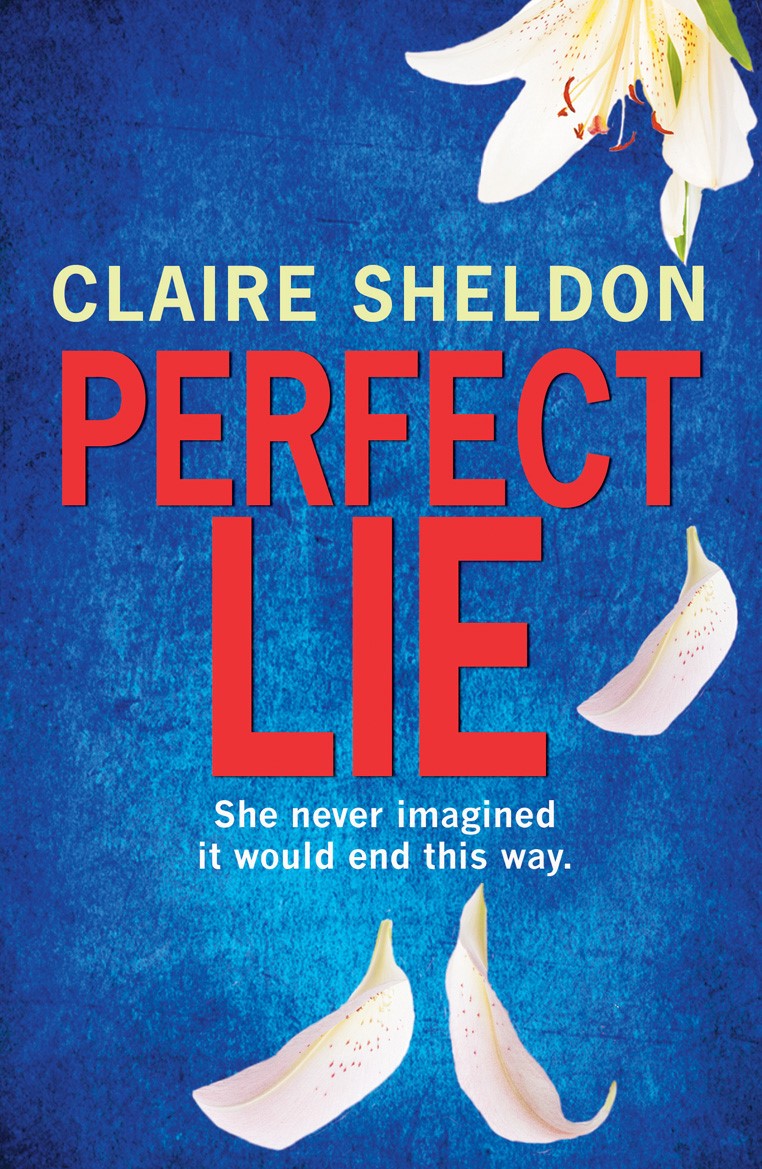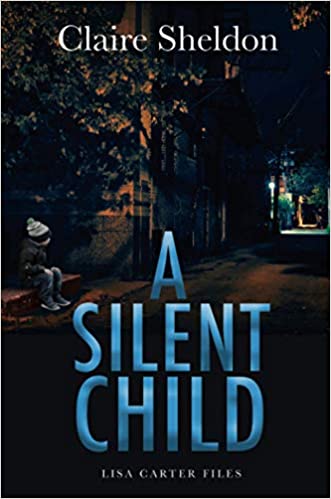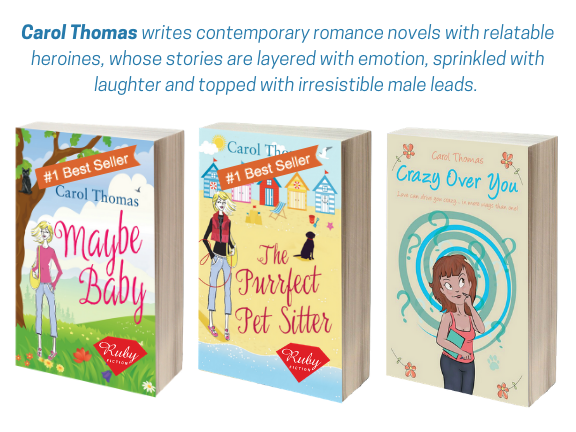This #WritingWednesday, fellow Ruby Fiction author, Chris Penhall, shares her brilliant tips for writing a sense of place.
I read all types of fiction, from romance to crime to historical and everything in between. When I write, however, what comes out of my imagination are contemporary romances set in beautiful places.
Once I started writing my first novel, The House That Alice Built, I knew the physical setting was very important because of the way it affected the main character. That’s why I decided to place her firmly in Cascais near Lisbon because I know that part of Portugal very well as I used to live there, and now I spend a lot of time in the Algarve in the south of the country. If I want to meditate and take myself off to a beach in my mind’s eye to help me do it, it’ll be a Portuguese beach. If I pop into town and smell a barbecue, I’ll be in the square in Cascais in an instant. It feels so real to me that once I started Alice’s quite literal journey, I found it surprisingly easy to take her there.
The sequel, New Beginnings at the Little House in the Sun is located in the same place, but she visits Lisbon more often and also south of the river Tejo. I went on a long weekend break to the city just after I started writing the book and the colours and sounds (and food!) were all very vivid to me when I got home and got to work on it again.
My latest novel Finding Summer Happiness, is based in south west Wales. This time it’s not set in a specific place; I have created an imaginary village by the sea inspired by many visits to Pembrokeshire over the years – most recently when I spent some days walking parts of the glorious coastal path with friends. I was born in Neath in West Glamorgan, so the coast of that part of Wales is somewhere I’ve been lucky enough to enjoy since I was born. My memories of childhood days on the beach can be conjured up in an instant for me because I do the coast!
So, now I’ve written three novels with a real sense of place, I’ve finally worked out how and why I do it.
In all three stories the places my main characters find themselves in are part of the catalyst that makes them want to change, and so in a way the locations are characters in the novels. That is why I feel it’s important to describe them in the way I do.
I write about the locations when I feel it’s crucial to the story. In my first two novels my main character, Alice, is rediscovering her artistic talents and is inspired by what is around her. That’s why the colours and the landscape are so clear to her and help her to find a new way to express herself, which in turn, enables her to move on.
Miriam, the main character in Finding Summer Happiness is looking for her childhood past in a little village on the coast in south west Wales, and her walks along the beaches and the cliffs on the coastal path help her to do that. She is also trying to get some peace away from other people and her busy mind, and there are parts of the path that are very quiet and so provide a contrast to the hubbub she left behind in London.
So, the lessons I have learned whilst writing these three books and my two short stories are:
I love films, and when I’m working on scenes I picture them as if I am watching the characters physically move around in them. I put myself in their shoes in my mind and think about what they are seeing and hearing, whether anyone else is around, even what they can smell – food and flowers and the sea are ever present in my books!
I use things I’ve seen and heard which I have somehow filed away in my memory without realising it. For instance, in The House That Alice Built there is a section in which Alice and Luis watch a ship sail out to sea in the darkness, illuminated by its own lights and the stars above it, so it seemed to be floating in the air. I remember looking out of the aircraft window flying into Lanzarote many years ago, and seeing the lights of a liner down below, near to the island. Our hotel was very close to the airport and when we walked in, the reception opened up to the sea, and I saw the same huge ship almost floating past in the darkness. It was absolutely beautiful and felt incredibly magical and that’s what I describe in the novel as it reflected what the two main characters were feeling having got together for the first time.
When I’m writing the story, although I have it loosely planned ahead, sometimes where the characters physically travel through to affects the action and changes the flow of it. So, when it feels appropriate, that’s what I write. However, I can also get stuck in a dead end too, so I’ll jump ahead to a particularly vivid scene – which I love writing and therefore motivates me to carry on – and go back and bridge the gap another time.
So, in conclusion, I feel that when writing descriptions of where a novel is located, it’s important to think about whether it’s crucial to the action and to move a story on, or if it’s to scene set. Is it a reflection of how the characters are feeling, and is it affecting them? And also how you do it depends on whether you are writing in the first or third person, and whether the novel is from one character’s viewpoint, or more.
And most of all, once you’ve decided how to write it, just enjoy it!
I loved those great tips, Chris, thank you for sharing. xx
About Chris Penhall’s latest release, Finding Summer Happiness:
You won’t find happiness without breaking a few eggs …
Miriam Ryan was the MD of a successful events and catering company, but these days even the thought of chopping an onion sends her stress levels sky rocketing. A retreat to the Welsh village of her childhood holidays seems to offer the escape she’s craving – just peace, quiet, no people, a generous supply of ready meals … did she mention no people?
Enter a cheery pub landlord, a lovesick letting agent, a grumpy astronomer with a fridge raiding habit – not to mention a surprise supper club that requires the chopping of many onions – and Miriam realises her escape has turned into exactly what she was trying to get away from, but could that be just the thing she needs to allow a little bit of summer happiness into her life?
Publisher: Ruby Fiction
Genre: Contemporary romance.
Purchase here.
About the author:
Chris Penhall won the 2019 Choc-Lit Search for a Star competition, sponsored by Your Cat Magazine, for her debut novel, The House That Alice Built. The sequel, New Beginnings at the Little House in the Sun is published on 25th August 2020.
Chris is an author and freelance radio producer for BBC Local Radio.
Born in Neath in South Wales, she has also lived in London and in Portugal, which is where her two novels are set. It was whilst living in Cascais near Lisbon that she began to dabble in writing fiction, but it was many years later that she was confident enough to start writing her first novel, and many years after that she finally finished it!
A lover of books, music and cats, she is also an enthusiastic salsa dancer, a keen cook, and loves to travel. She is never happier than when she is gazing at the sea.
You can find out more about Chris and her work here: Website | Twitter | Instagram | Facebook

